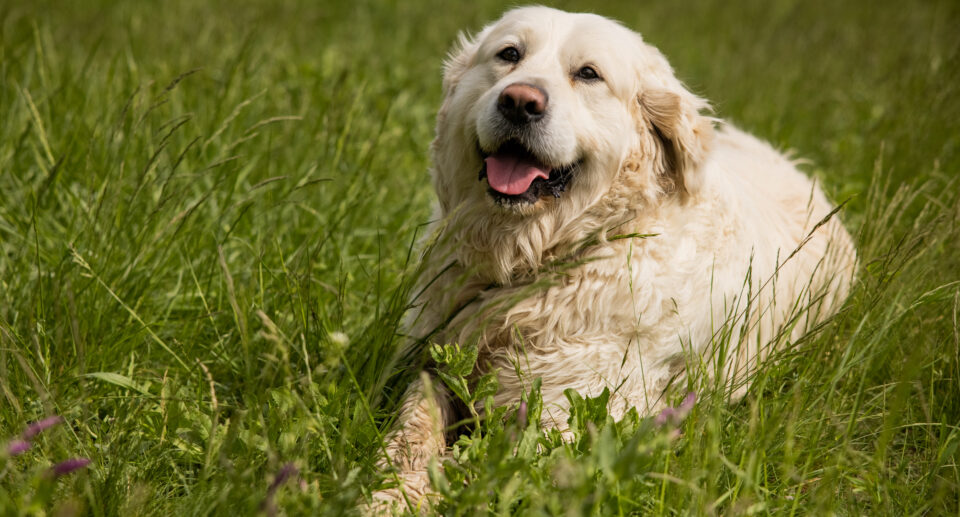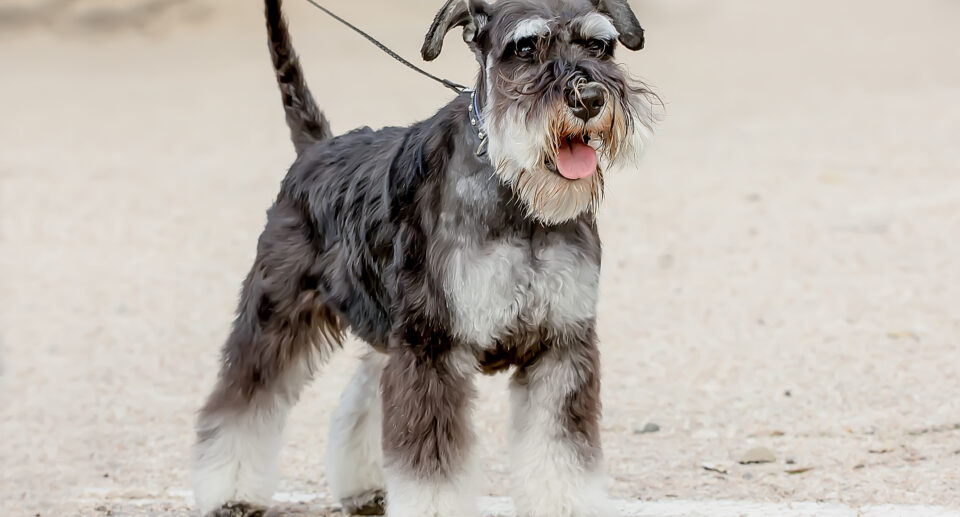All About Your French Bulldog: Care Guide and Breed Info

January 13th is National French Bulldog Day, a day to learn about, celebrate, and spoil one of America’s favorite dogs. Affectionately known as “Frenchies,” “Bat pigs,” and “Frog dogs,” these pups are well-loved by their families, adored by TV and film fans, and admired by anyone who’s lucky enough to meet one.
Learn about the French Bulldog breed history, breed standard and traits, and best care to prevent and manage common health issues in Frenchies.
How The French Bulldog Came To Be
The Frenchie originated not in France, but in 18th century England. English bulldogs that differed from the breed standard, especially those that had upright ears or were too small for the ancient sport of bull-baiting, were imported to France, where they quickly became popular as companion dogs for fashion icons, artists, and socialites. In 1898, they were recognized as an official AKC breed. These days, the French Bulldog is the second most popular dog breed in the United States.
French Bulldog Breed Traits
According to the American Kennel Club (AKC), a French Bulldog should have a smooth coat, a stocky body, and a large, squarish head with upright, wide-set “bat ears.” Frenchies that fit the breed standard are usually tan or fawn in color with black markings, or may be brindle or piebald. Unusual variations like blue-gray, merle, and even long-haired “fluffy” Frenchies can result from cross-breeding or recessive genes.
Common Health Issues In French Bulldogs
The French bulldog is a brachycephalic breed, meaning they have a broad skull and a short muzzle that appears “squished.” This unique trait makes them adorable, but can leave Frenchies susceptible to related health issues, including bacterial and yeast infections from moisture trapped in facial folds as well as breathing issues due to their narrow nostrils and an elongated, thickened short palate that may partially block the airway.
French bulldogs are also known for having digestive issues. Some develop food intolerances that can cause itchy, irritated skin, or flatulence and diarrhea. Their flat facial structure can also make it more difficult for them to chew their food without swallowing air, which can lead to digestive upset and gassiness.
Due to their unusual proportions, Frenchies are predisposed to orthopedic issues like hip dysplasia, intervertebral disc disease (IVDD), and luxating patella.
How To Care For Your French Bulldog
Like all dogs, a French bulldog should eat a high quality diet that contains fresh, species-appropriate foods whenever possible. Your dog may find it easier to use a raised bowl with a tilted base that allows them to reach their food without impeding their ability to breathe through their nose while they eat.
Keeping your dog at a healthy weight can lessen the chances that they will develop breathing issues or orthopedic problems later in life. Due to their stockiness, their big appetite for their size, and their irresistible charm, Frenchies are prone to obesity, but can be kept at an appropriate weight with healthy treats and, if needed, a weight management dog food.
Your puppy should have core vaccinations and wellness checkups during their first year of life as recommended by your veterinarian. They can be also screened for existing issues. In puppies with moderate to severe stenotic nares (narrow nostrils), a simple surgery can open the nose, and this may be done during their spay or neuter.
French bulldogs are sensitive to extreme temperatures and should never be kept outside unattended, and should not be exercised in extreme heat.
Why We Love Frenchies
The French Bulldog is well-loved for their outgoing personality. They love being the center of attention. They’re playful and typically get along well with children and other pets. Their small size and intelligent, adaptable temperament lend to them being well-suited for condos and apartments. Like all dogs, they thrive with consistent training and mental stimulation from puppyhood and beyond.
Due to their popularity, Frenchies are commonly bred by backyard breeders who typically do not screen for hereditary health issues. If you’re looking to add a French Bulldog to your family, choose a reputable breeder listed in the AKC Breeder Registry, check out the French Bulldog Rescue Network, or look for a French Bulldog rescue near you.





